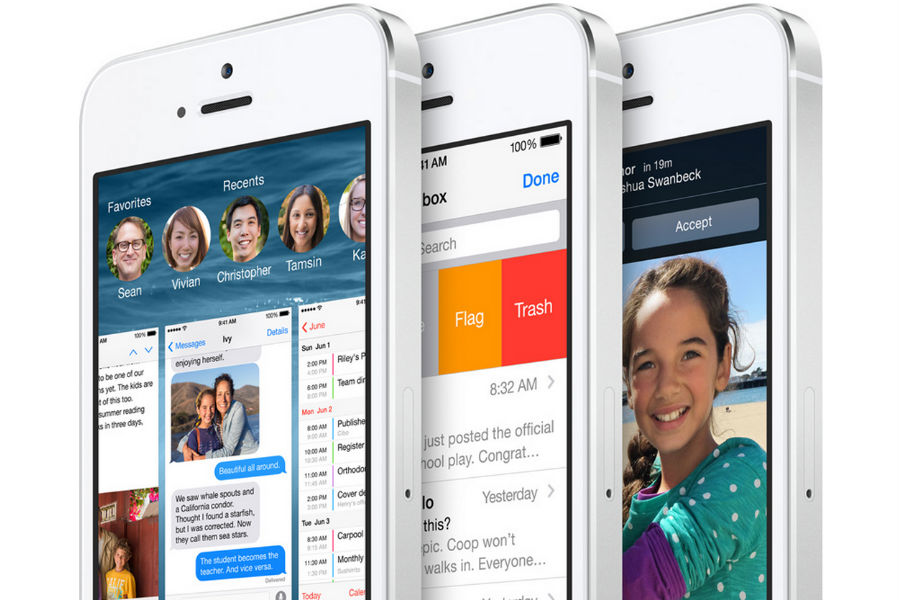
Apple gave its fans plenty to swoon over at its Worldwide Developers Conference on Monday, but it also gave its haters a lot to sneer at.
Although Apple introduced each feature as if it was brand new, some of iOS 8’s biggest additions have been available in some form on Google’s Android platform for years.
To wit:
If you’re an Android fan, it’s tempting to lampoon Apple for lifting features from its rival. But calling iOS 8 a rip-off of Android would be disingenuous for a couple reasons.
For one thing, Apple isn’t just copying Android features verbatim. It’s adding its own spin. Notifications, for instance, will be interactive straight from the lock screen, which is not currently the case on Android. The addition of widgets in the Notification Center also shows an Apple-like touch: It lets the home screen stay as simple as possible, while moving more advanced functionality off to the side for power users.
Even app-to-app sharing is more advanced than what Android offers. It’ll allow developers to create photo filters within the main Photos app (this feature is actually borrowed from the “Lenses” function in Windows Phone), and extensions such as text translation or document watermarking that work across many apps.
Taking concepts from Android and refining them is not a new approach for Apple. Although Android was first to allow multitasking, Apple’s version had tighter controls on how apps could run in the background, saving system resources and battery life. Android was first to allow copy-and-paste, but Apple’s version was better-executed when it finally arrived. Google, in turn, tweaked Android over time to better handle system resources and to make copy-and-paste more consistent.
Meanwhile, Apple is adding plenty of other features to iOS 8, including HomeKit to make home automation simpler, HealthKit to unify all your health tracking apps, and a bunch of ways to make all Apple products more connected.
This is exactly how competition should work. Instead of just blindly copying Android, Apple has found ways to improve upon key Android features, while adding other things that are entirely new. Now it’s Google’s turn to try and do the same.
Whether you prefer iOS or Android, that’s a very good thing. Over the last couple years, mobile operating systems have felt stagnant, with only minor tweaks to the way we use them. The new features in iOS 8 are a sign that there’s plenty of room left to innovate. I have a hard time getting snarky about that.
More Must-Reads from TIME
- How Donald Trump Won
- The Best Inventions of 2024
- Why Sleep Is the Key to Living Longer
- Robert Zemeckis Just Wants to Move You
- How to Break 8 Toxic Communication Habits
- Nicola Coughlan Bet on Herself—And Won
- Why Vinegar Is So Good for You
- Meet TIME's Newest Class of Next Generation Leaders
Contact us at letters@time.com